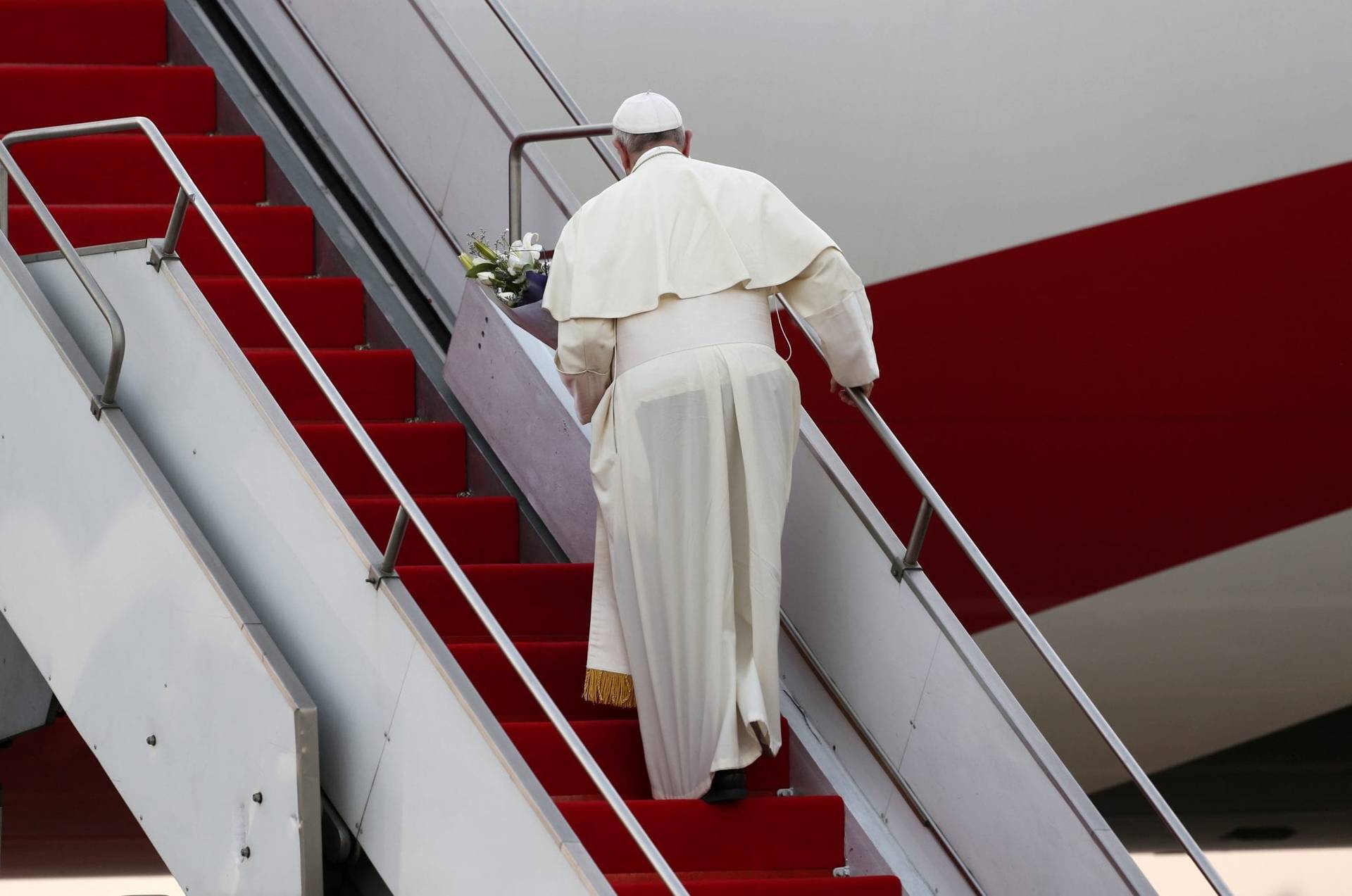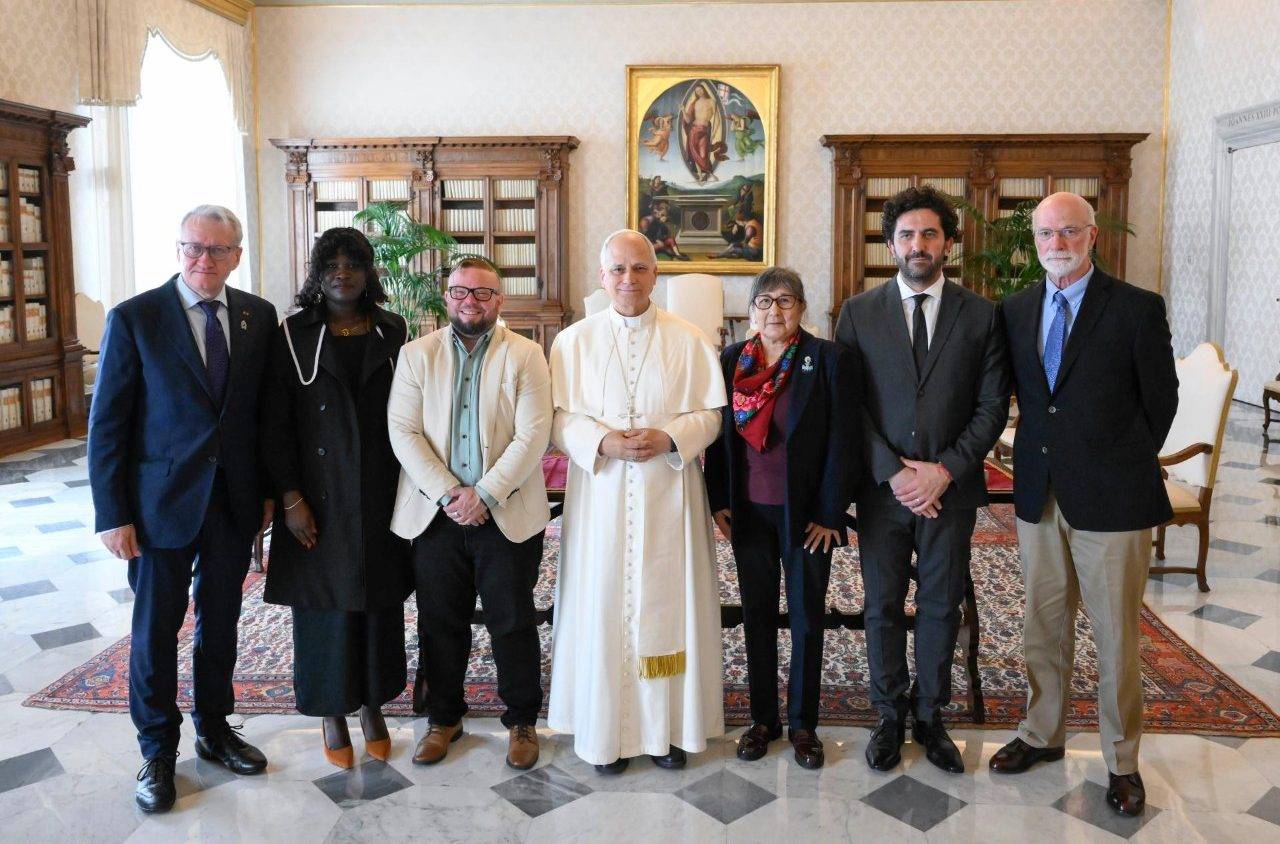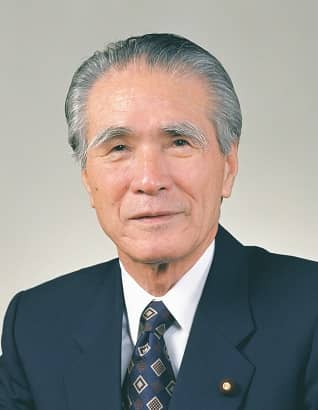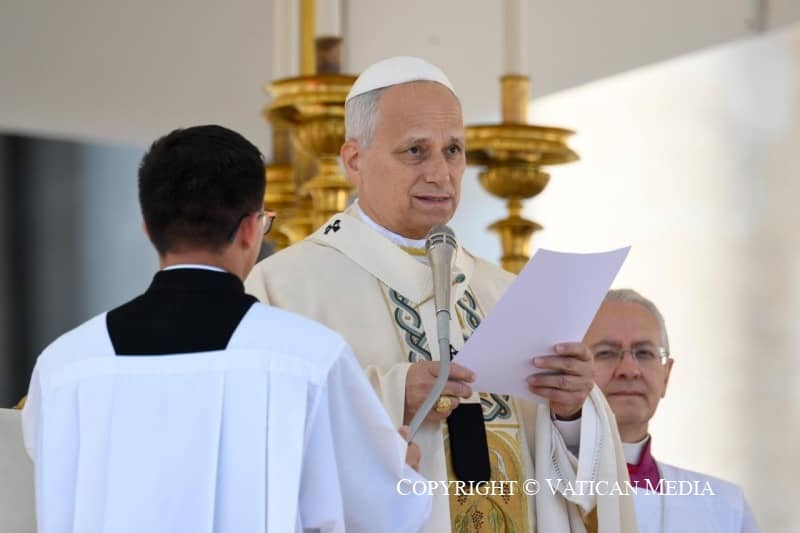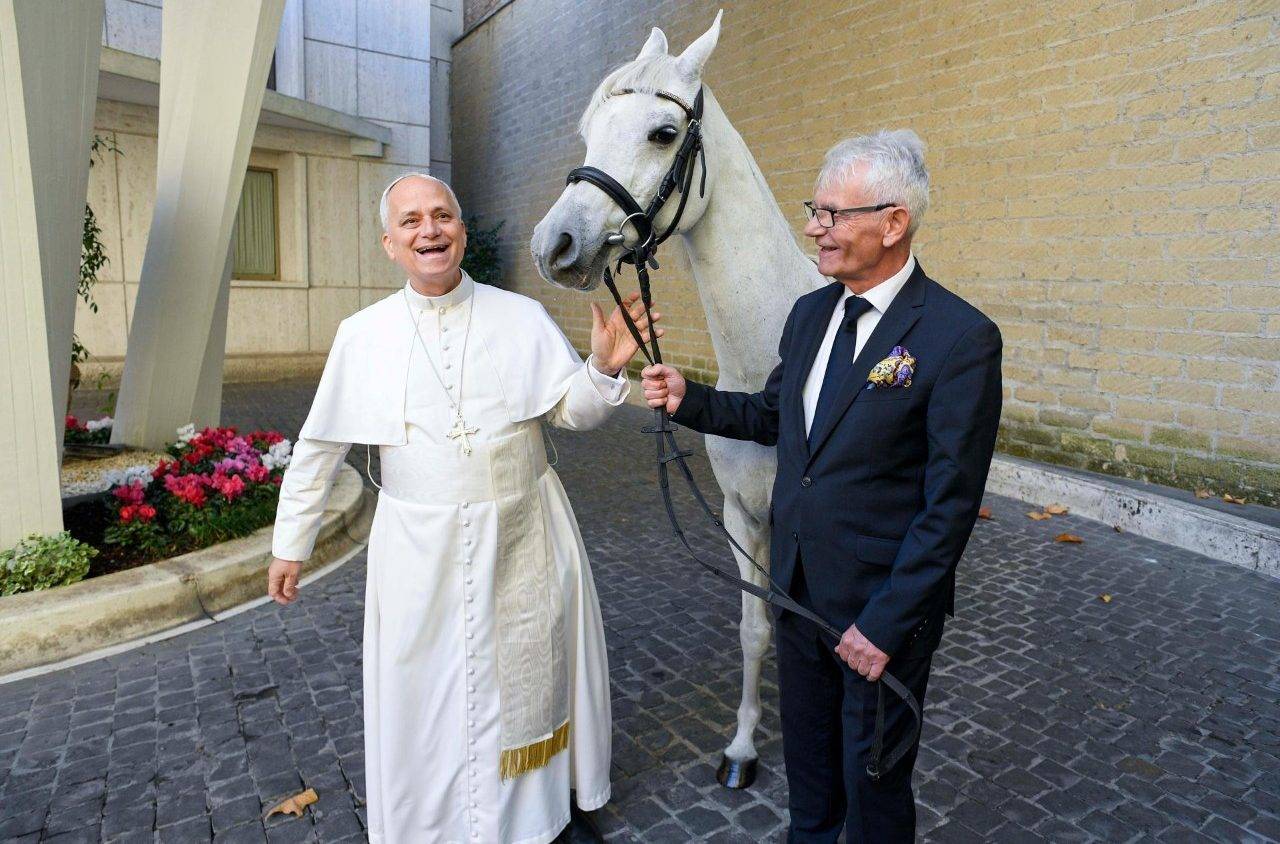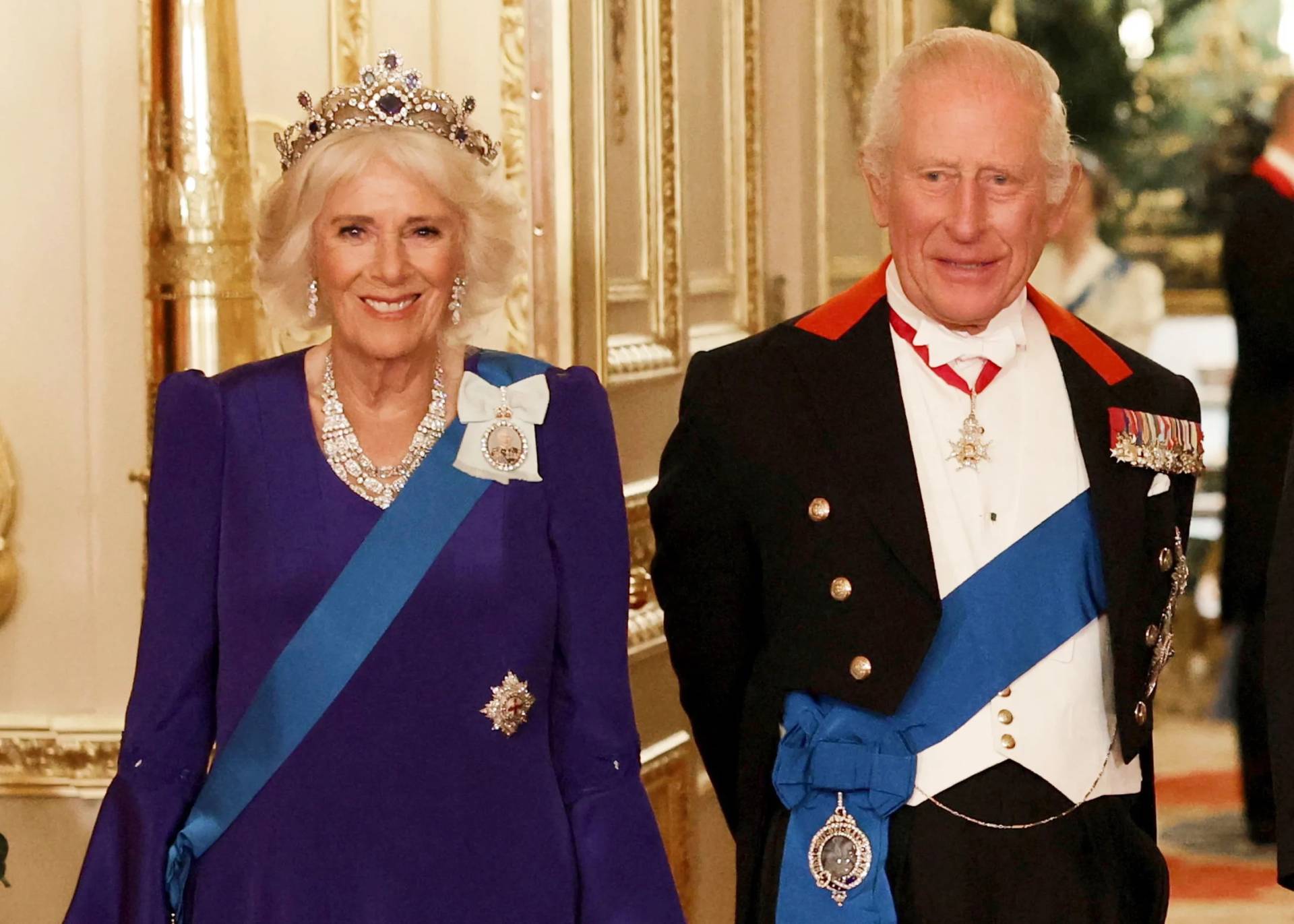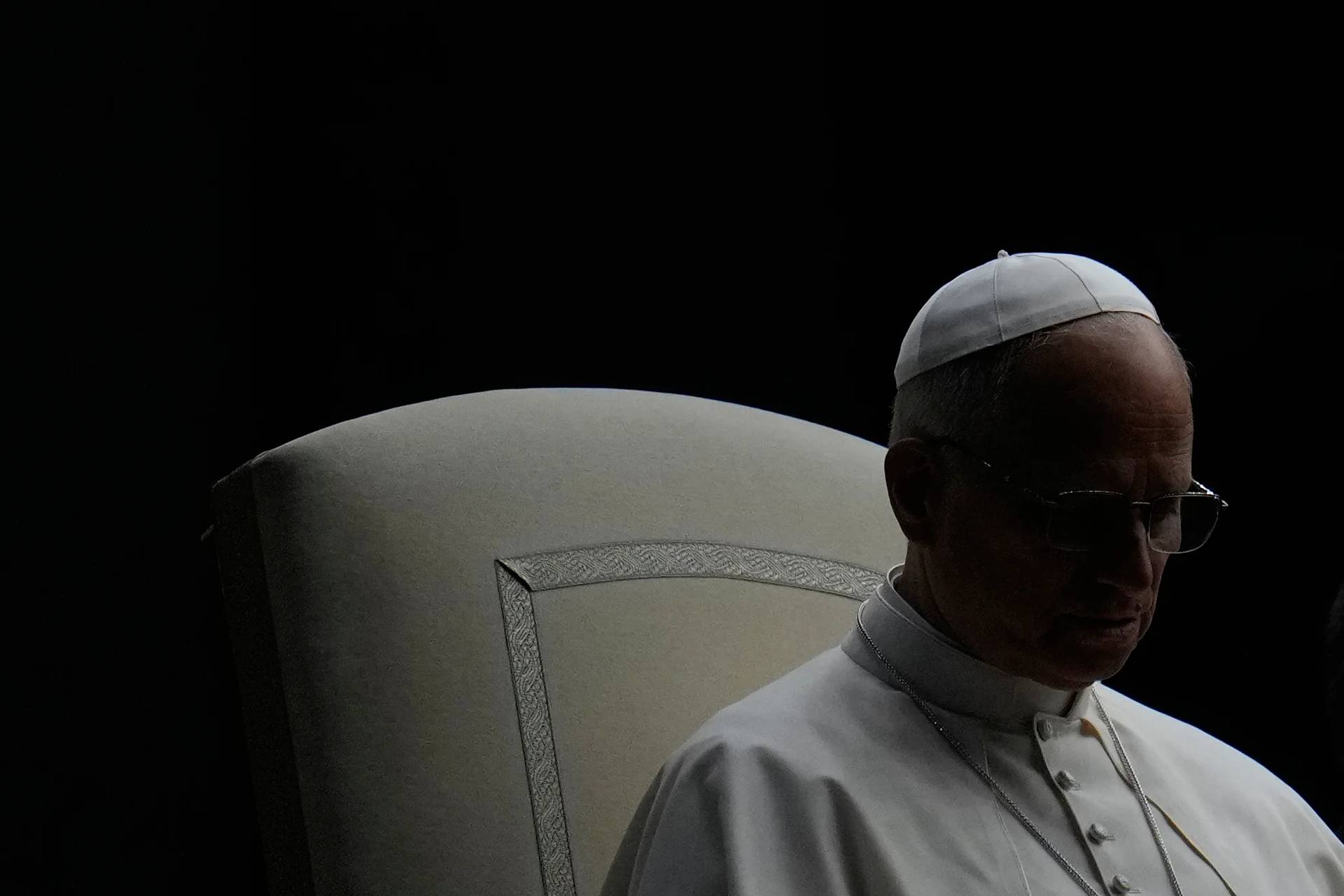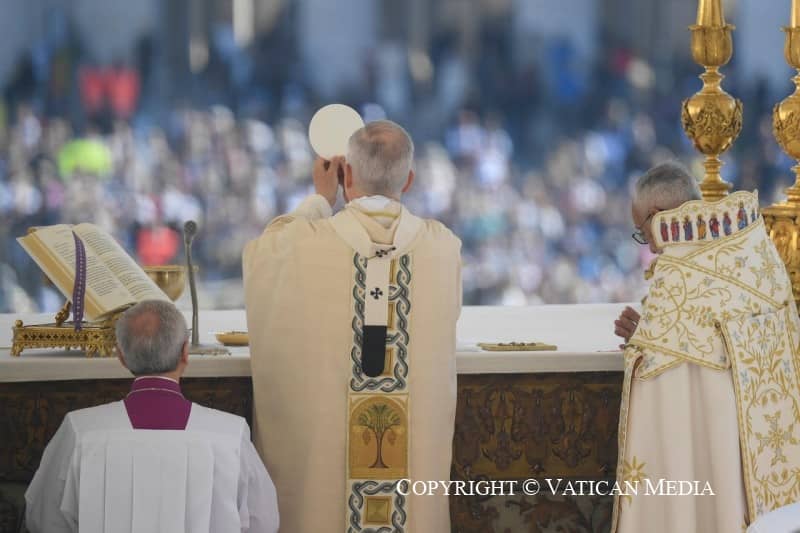NAY PYI TAW, Myanmar — At a private meeting with religious leaders in Yangon, Pope Francis said that there’s an ongoing global trend to eliminate differences, through a “cultural colonization” that is “killing humanity.”
“We, in this time that we have to live, we experience a global trend towards uniformity, to do everything the same,” Francis said. “That is killing humanity. That is a cultural colonization.”
The pope was addressing Muslim, Buddhist, Hindu, Jewish and Christian leaders of various denominations who went to see him in the bishop’s residence in Yangon, where he’s residing during the first ever papal visit to Myanmar.
“We must understand the richness of our differences – ethnic, religious, popular – and from these differences there is dialogue,” the pope said, speaking in Spanish, without prepared remarks. “And from those differences one learns from the other, as brothers.”
He also urged the leaders not to be afraid of the differences because “we have one Father,” and “we are all brothers.”
Urging them to behave like brothers, he said that if for some reason they argue with each other, they should reconcile immediately because “that is the only way peace is built.”
Each of those present gave a brief address, with Francis speaking last, focusing on the theme of unity amidst diversity.
The pope began his short remarks saying that while one was speaking, he was reminded of a prayer from the Book of Psalms: “How beautiful it is to see the brothers united.”
United, he said, doesn’t mean uniform: “Even within the same confession, each one has its values, its riches, and also its deficiencies.
“We are all different and each confession has its riches, its traditions,” something to share and give to one another, he said.
“And this can only happen if you live in peace.”
Peace, he said, is built from the chorus of differences: “Unity always comes with diversity.”
The meeting lasted for about 40 minutes and began with a brief introduction by Bishop John Hsane Hgyi.
It took place before the pope said his morning Mass. After the encounter, he also had a private meeting with Buddhist leader, Sitagu Sayadaw.
According to spokesman Greg Burke, the pope’s meeting was “an effort to encourage peace and fraternal coexistence as the only way ahead.”
After the busy morning, Francis headed to the country’s capital, Nay Pyi Taw, where he was scheduled to address the civil authorities and have a meeting with the country’s democratically elected leaders. The pope previously met with the head of the army in a private encounter on Monday.







